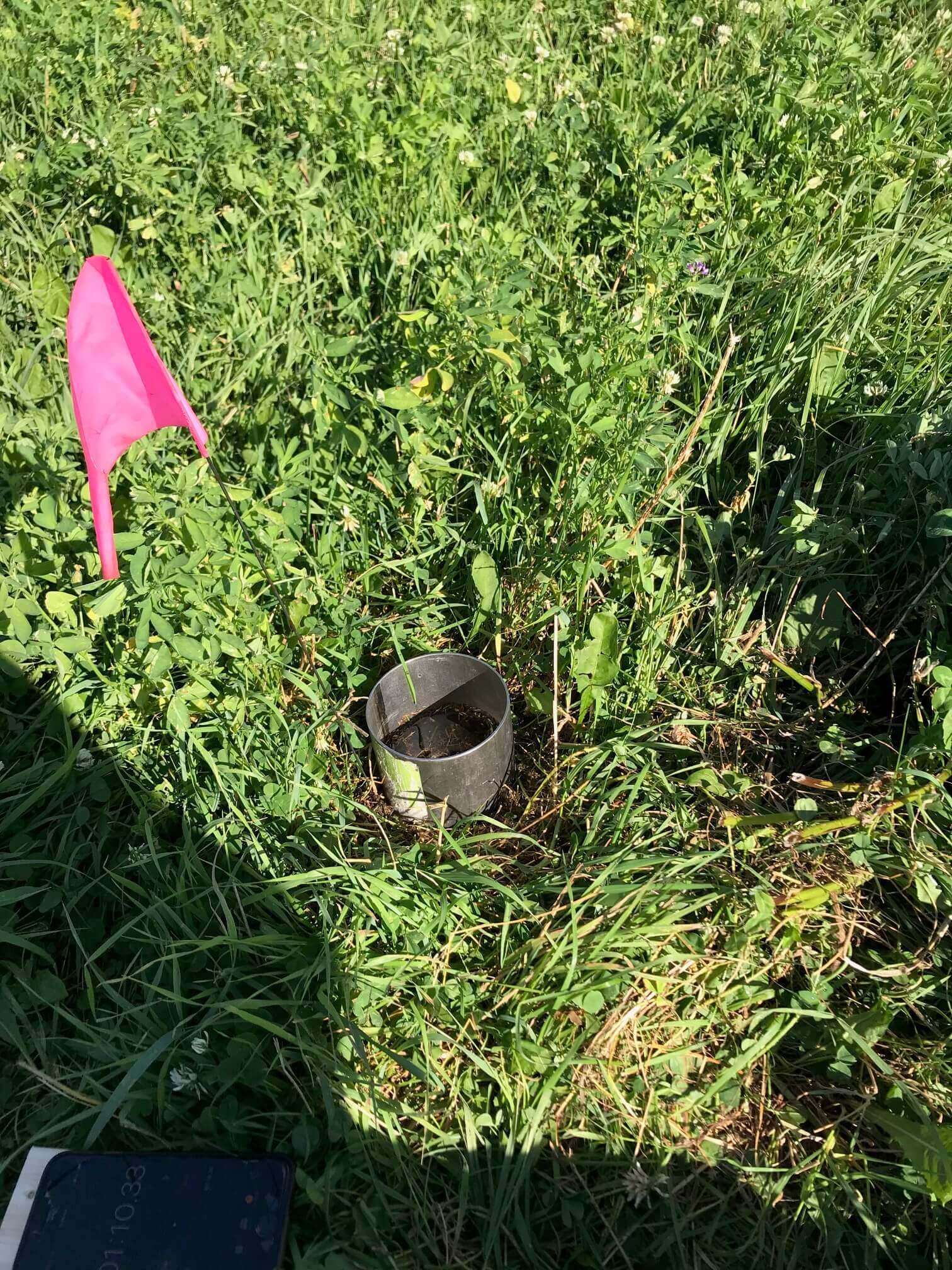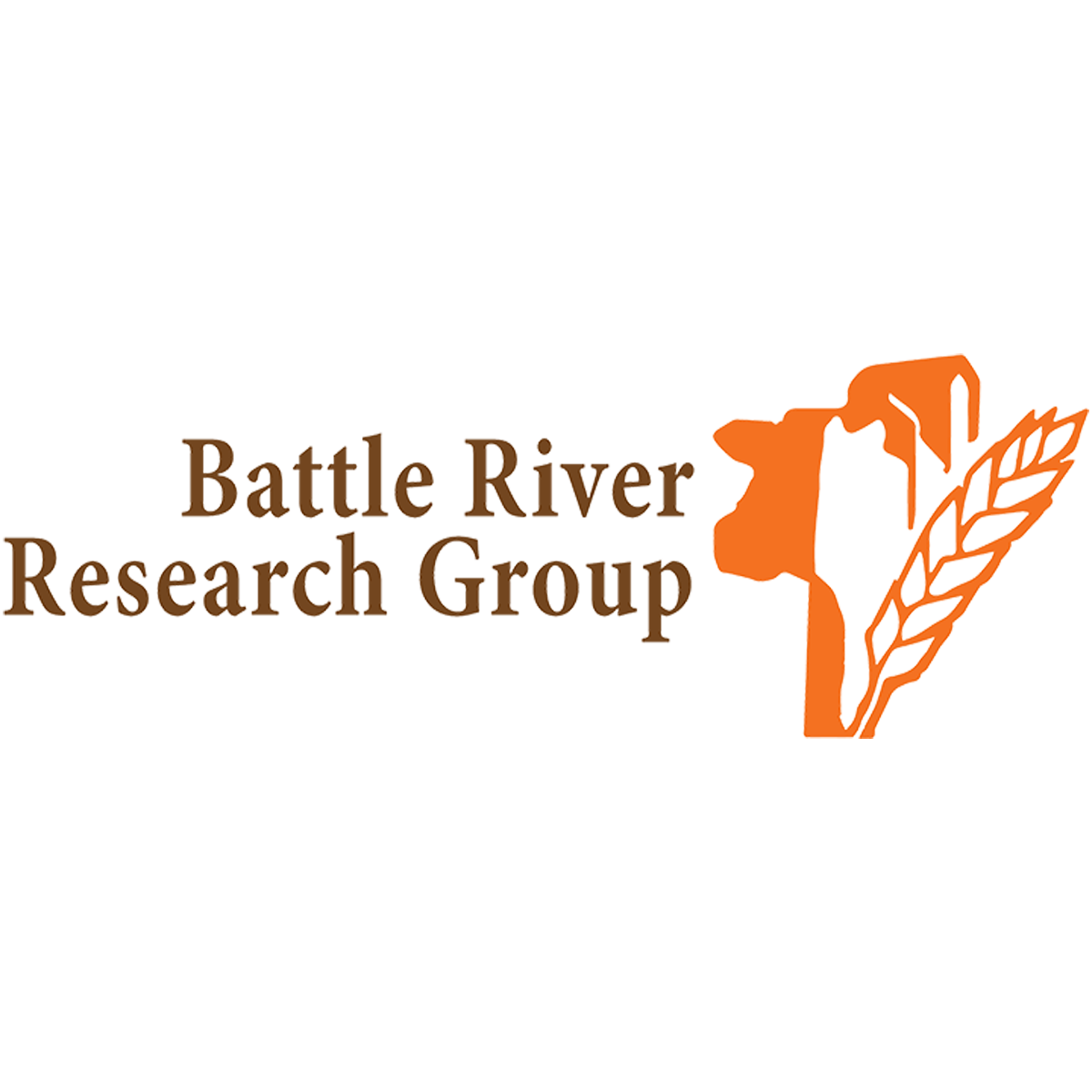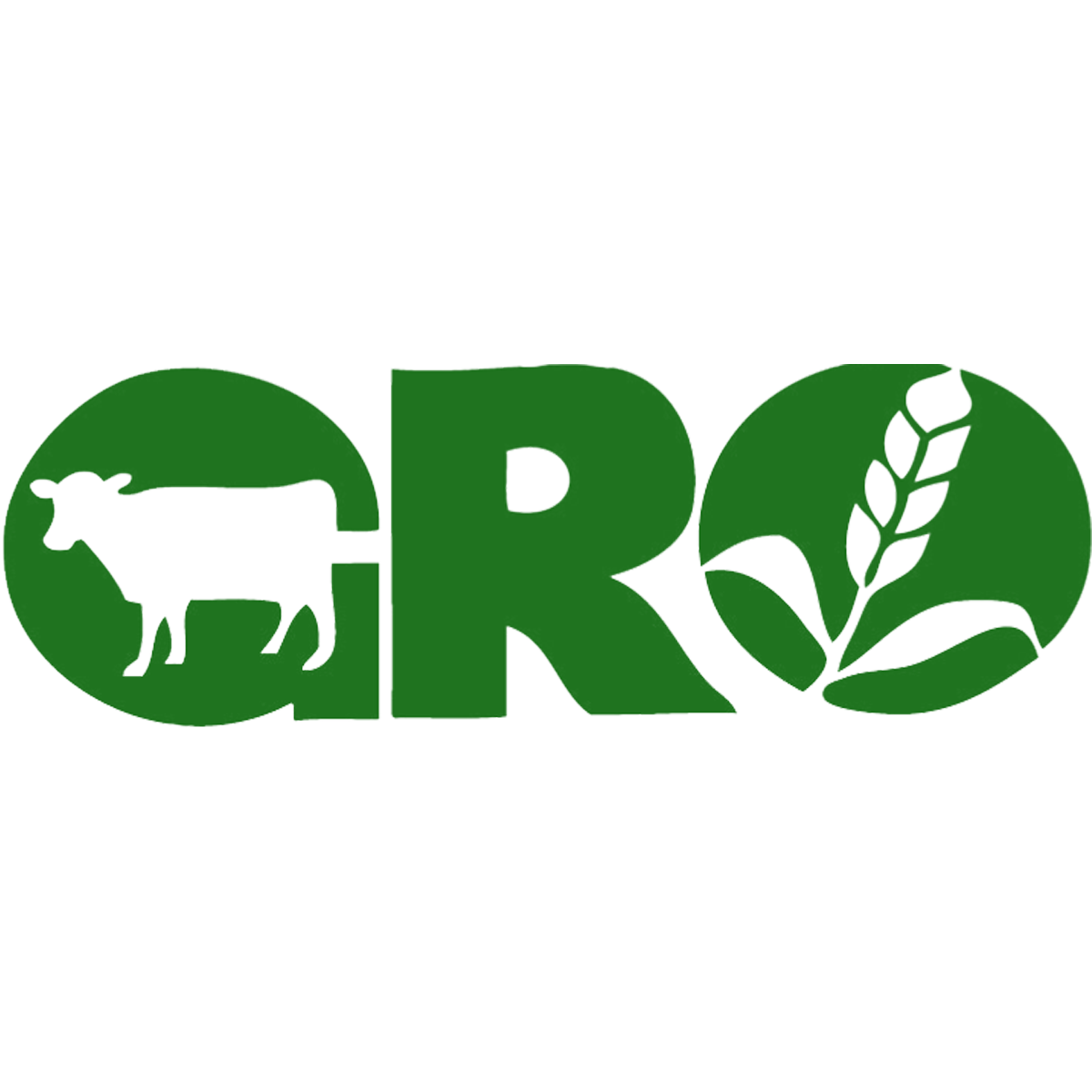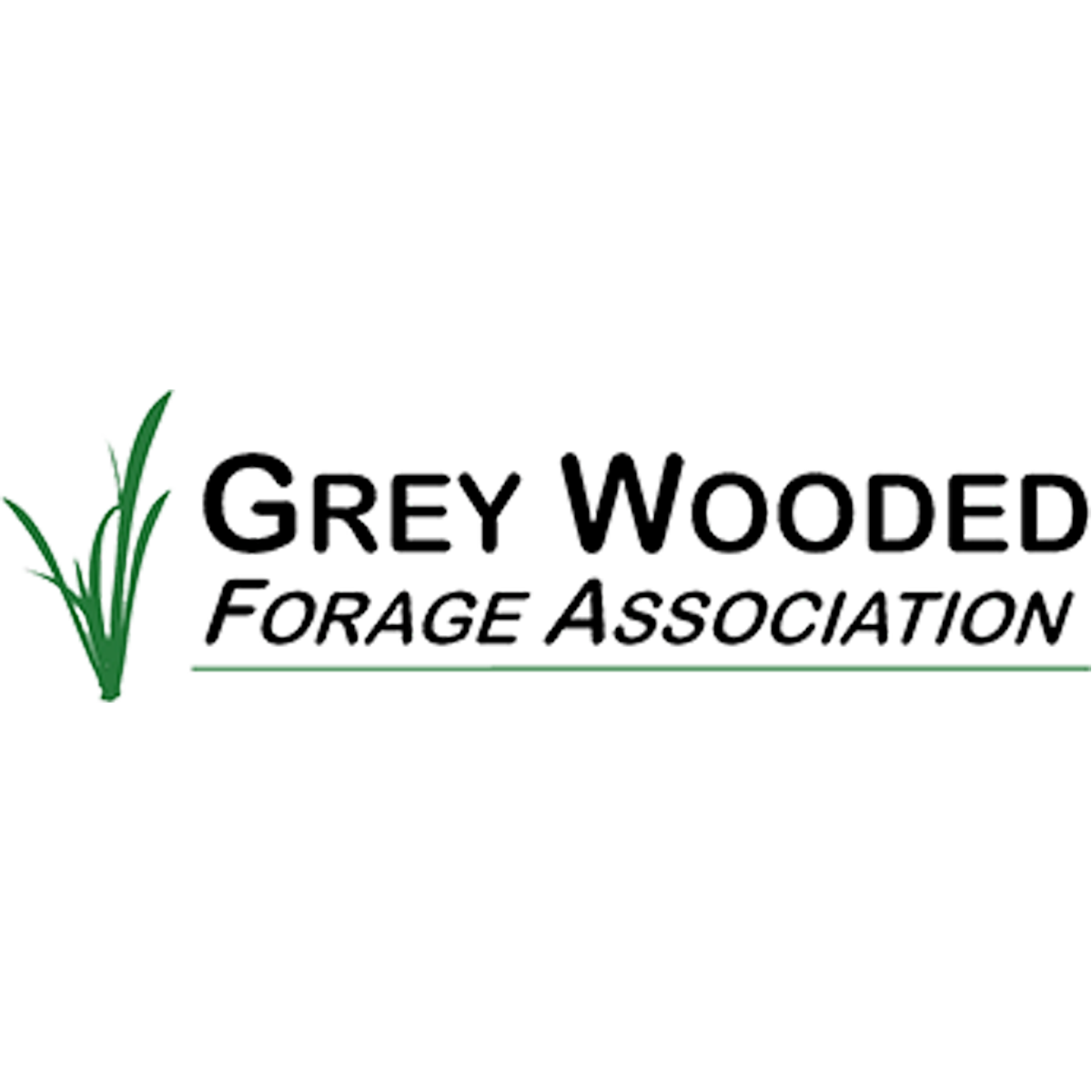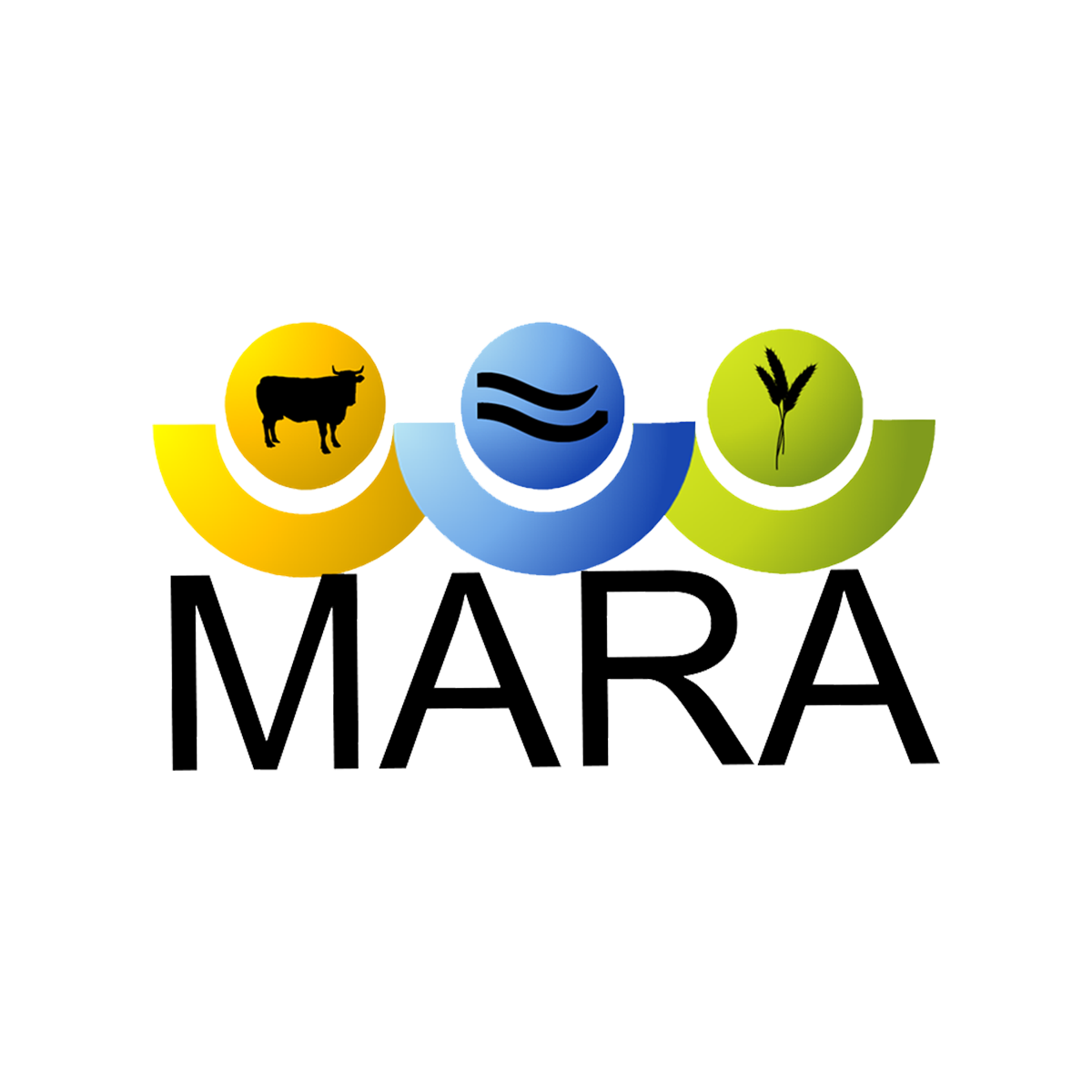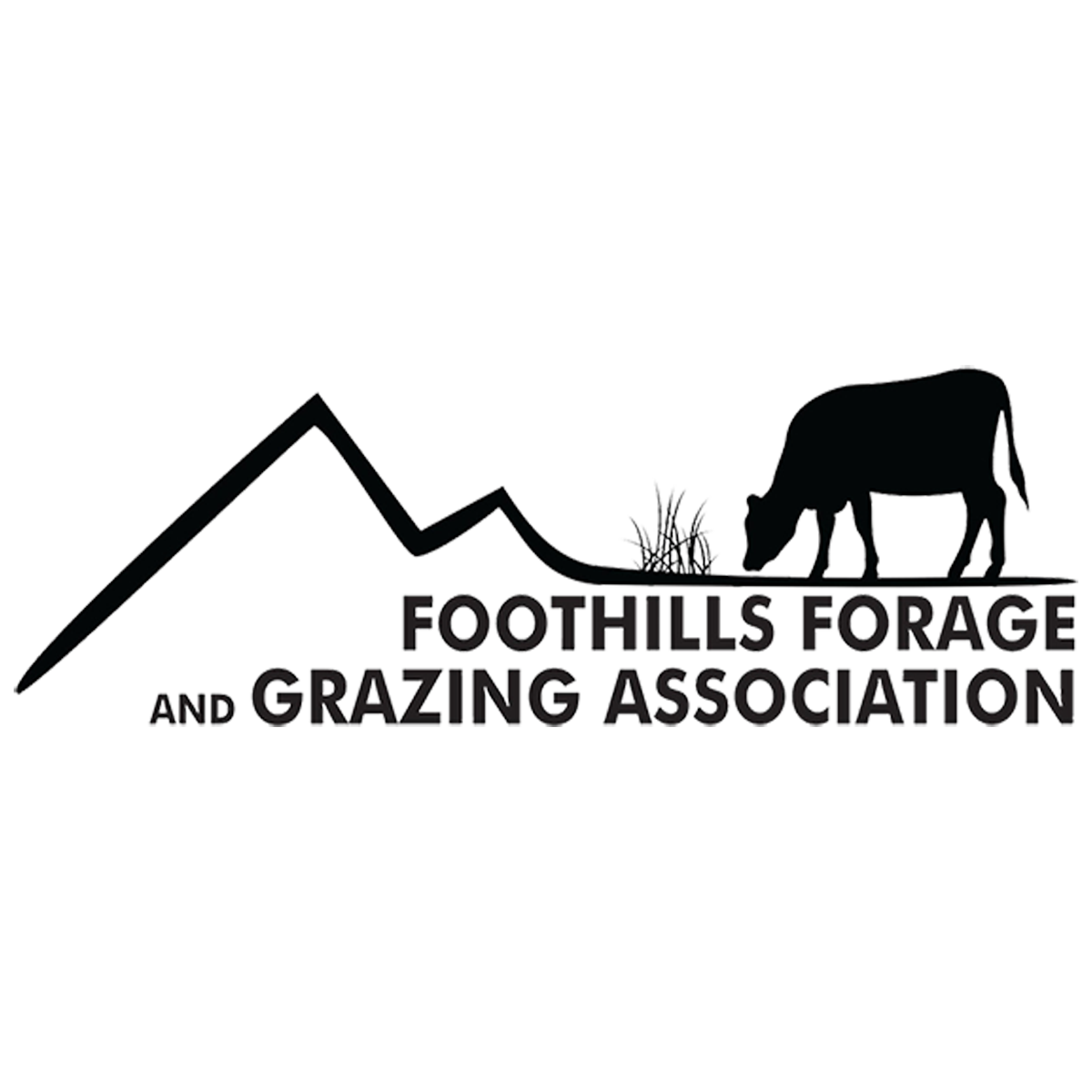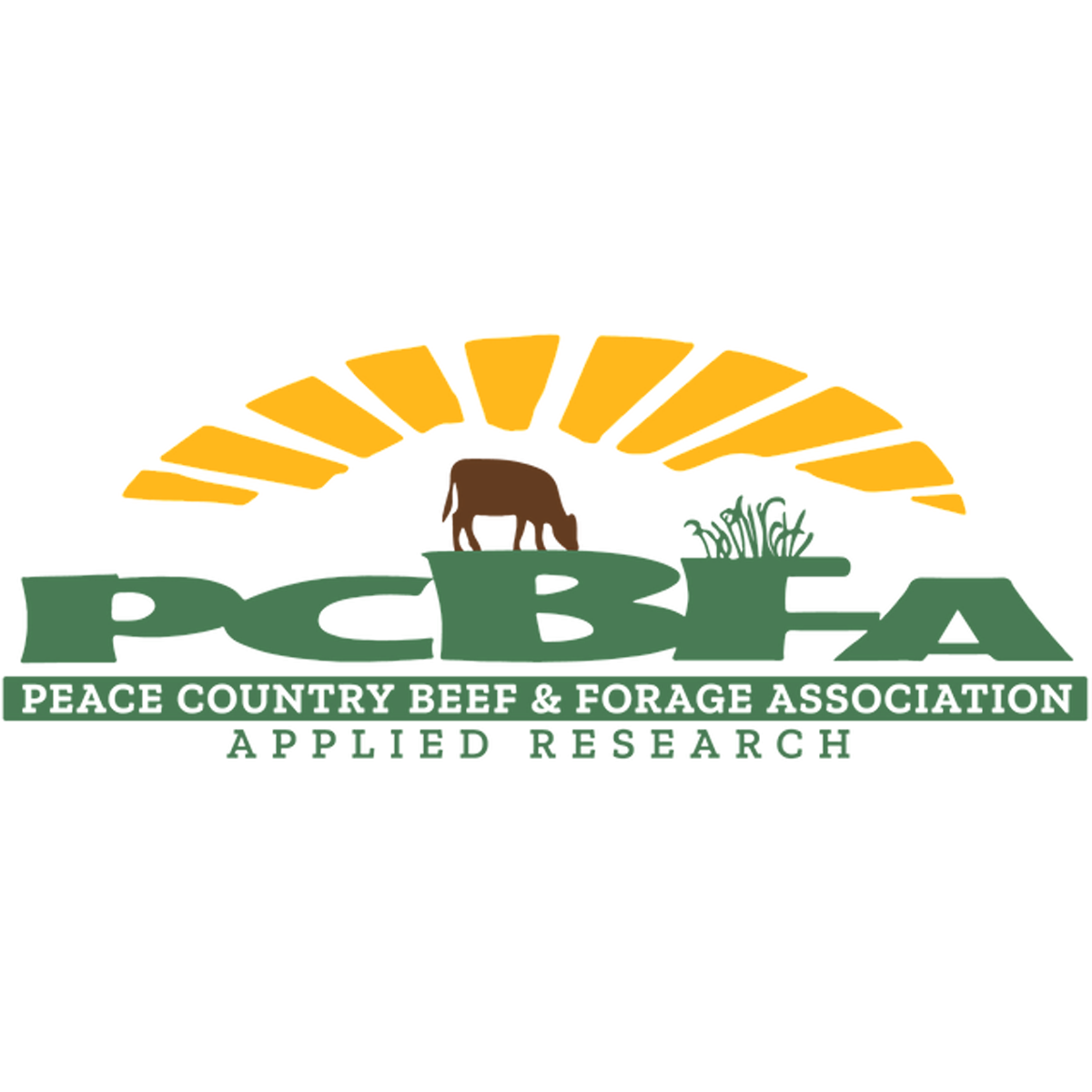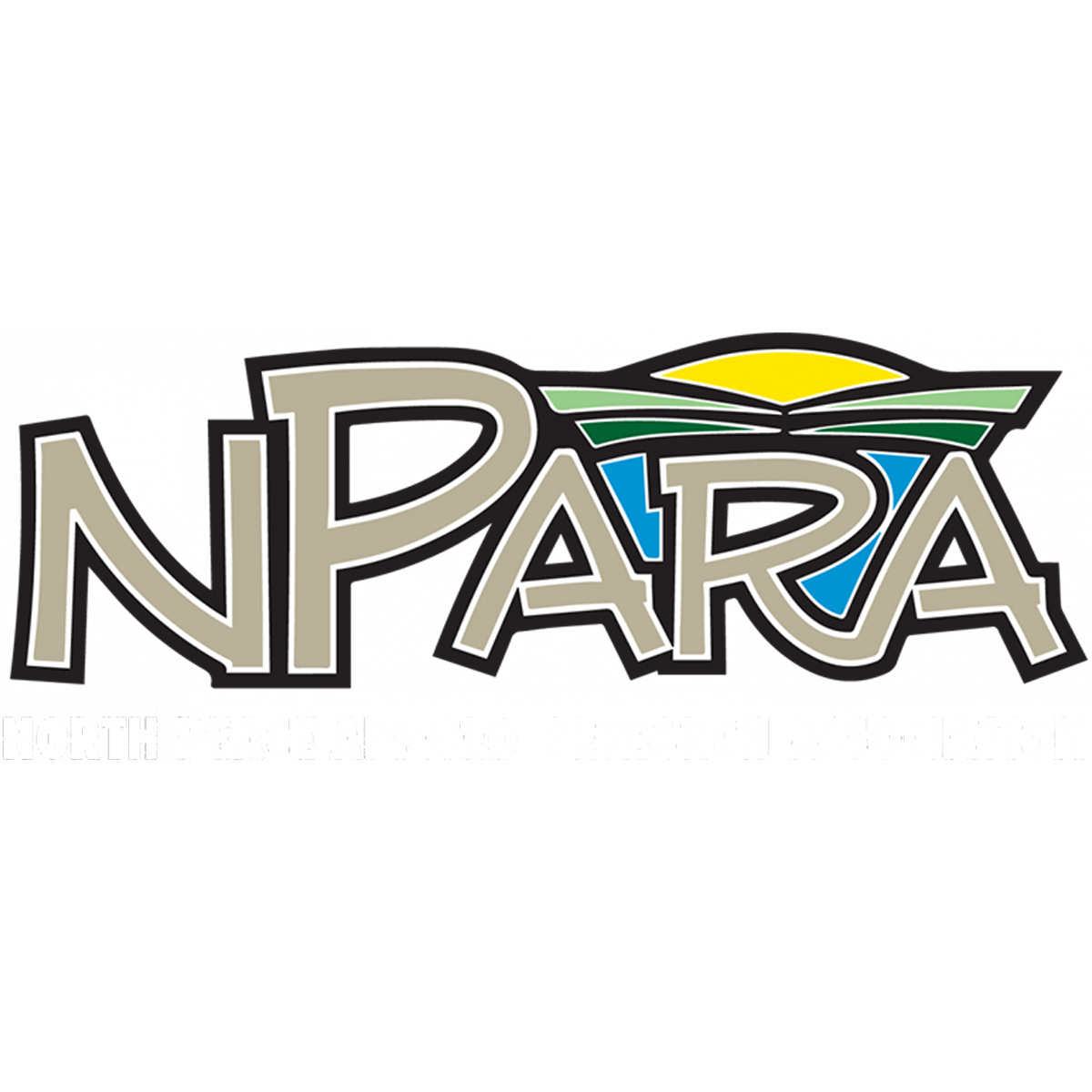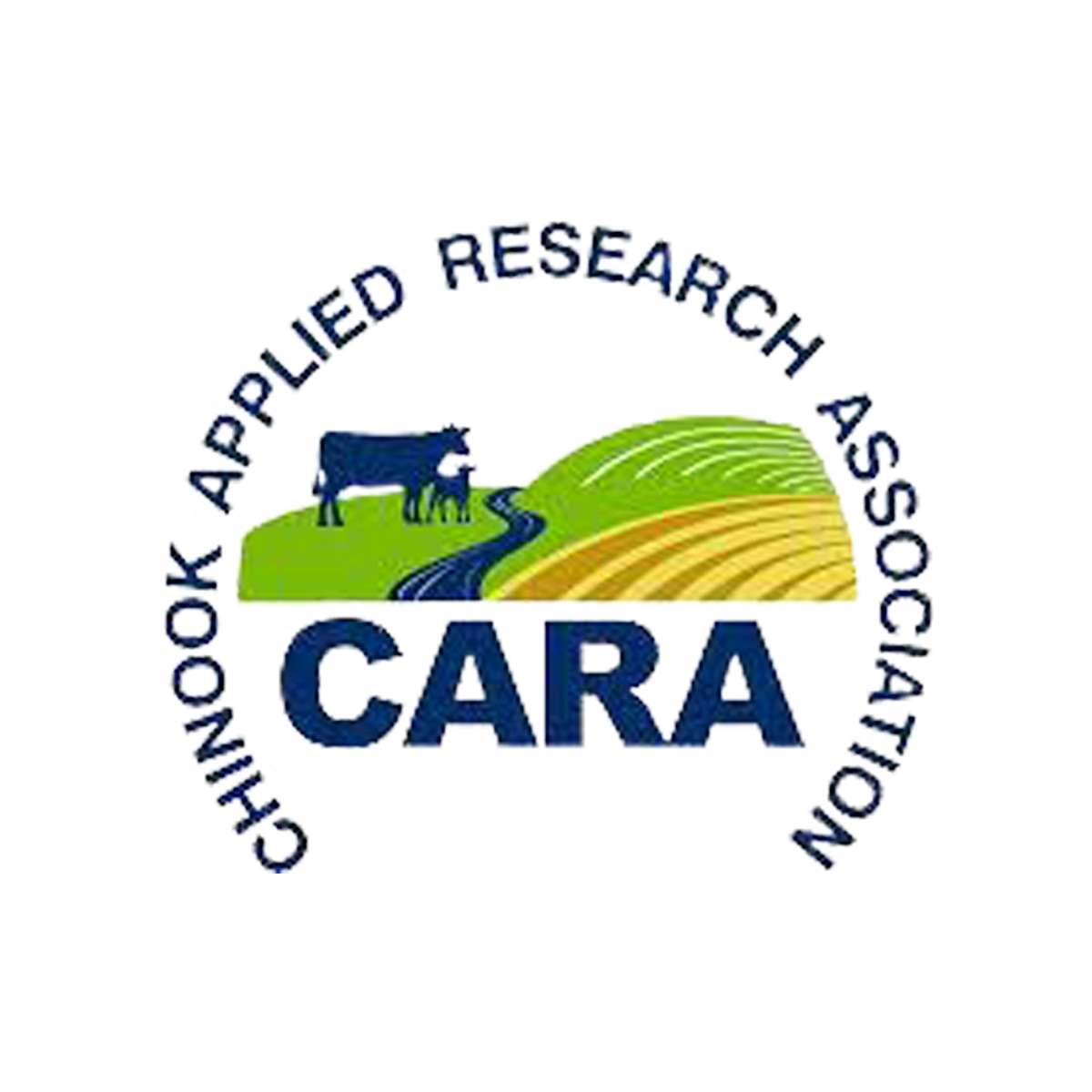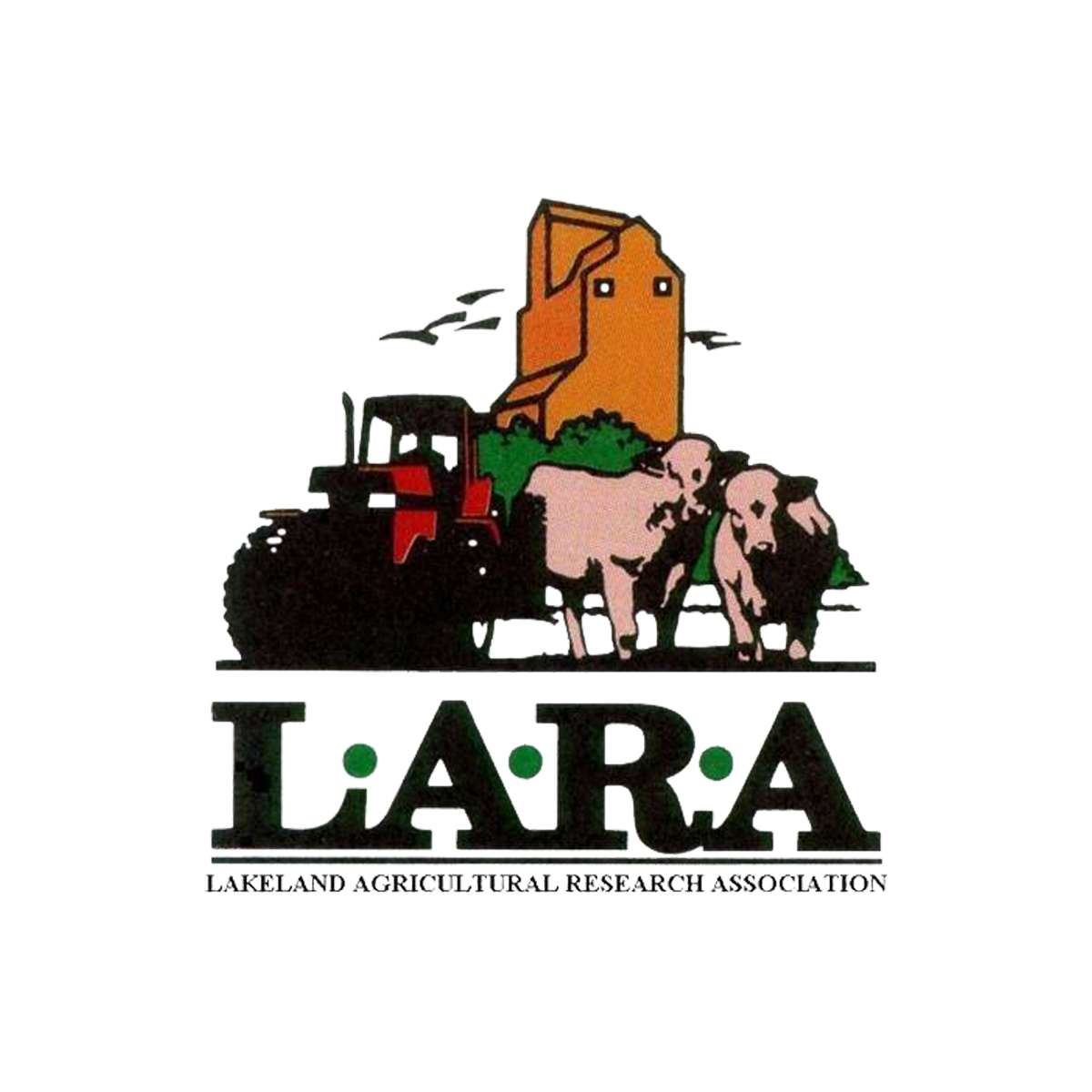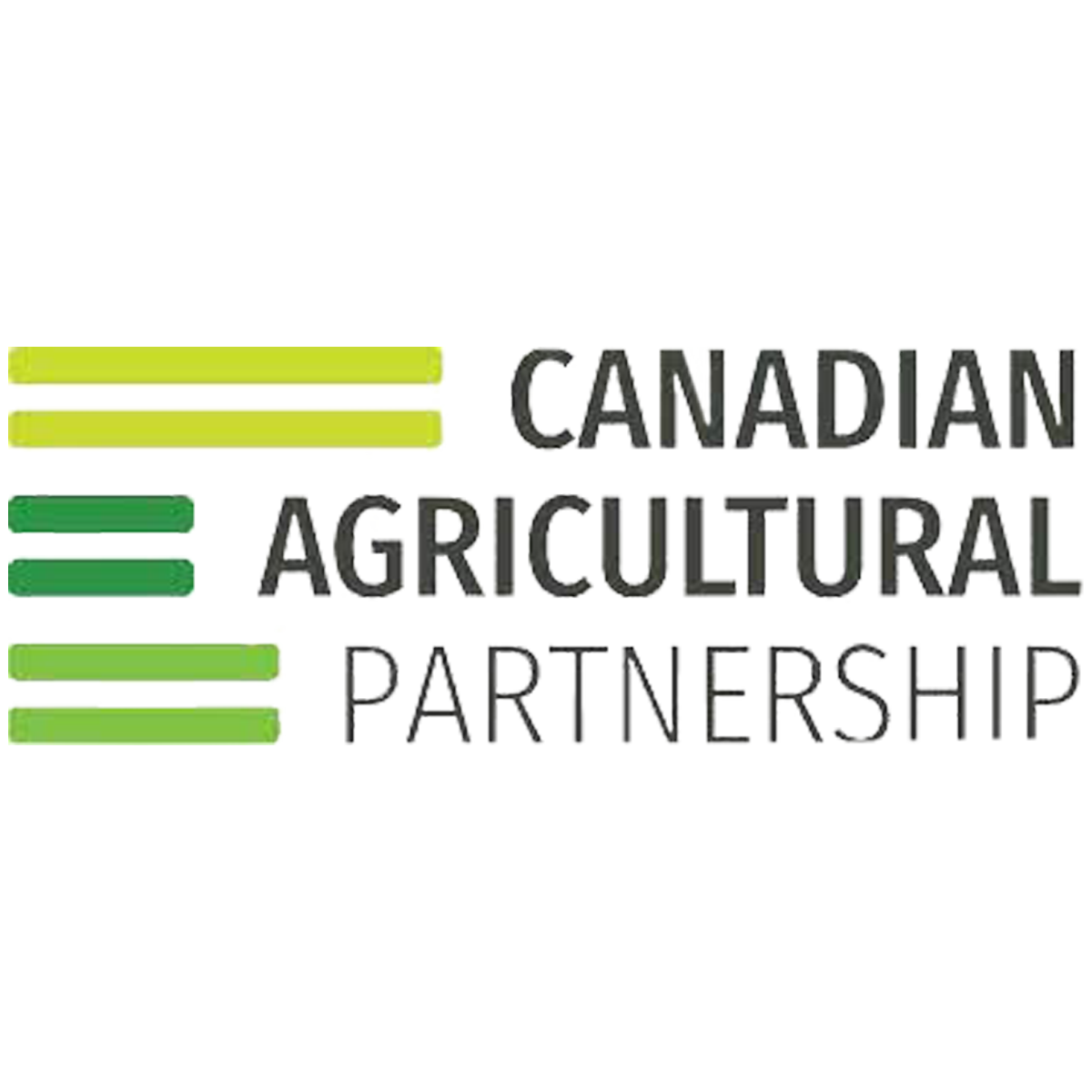Alberta Soil Health Benchmark Monitoring Project
Partners.
Overview.
The status and functionality of a soil should be measured not only by its chemical (fertility) properties but also for its physical and biological properties. Chemical components of soil have been intensively evaluated by commercial soil testing labs in Canada. Chemical fertility recommendations have been based on this knowledge. The role of soil biology, however, is not well understood and physical characteristics have not been monitored.
Evaluation of biological soil characteristics has only become available during the past few years in laboratories in the United States and more recently eastern Canada. The existing biological labs do not base analysis and recommendations on parameters specifically related to Alberta soils. Chinook Applied Research Association’s (CARA) Soil Health Lab, under the direction of Dr. Yamily Zavala, provides a unique service in evaluating soil health constraint indicators. A biological and physical baseline developed within the province will provide a framework which can help define strategies for managing and improving the productive capacity, and sustainability, of our soils.
This project is working to assess and document soil health indicators at over 200 locations per year across Alberta and information from these sites is being compiled into a large data base by the CARA Soil Health Lab.
Project Details.
Understanding soil health will give Alberta producers a valuable tool for use in making strategic management decisions on their farms and ranches. Sustainable productivity of a soil is a function of physical, chemical and biological soil functions. While chemical (mineral) characteristics are well documented through traditional soil testing, physical and biological components are not. This project is working to assess and document soil health indicators at over 200 locations per year across Alberta. Information from soil samples collected for various other projects, individual farmer submissions to CARA’s Soil Health Lab, and samples collected by a number of applied research and forage associations across the province will be included in the benchmark inventory being created. This will result in a base of information from points all across the province which will serve as a new tool for our agricultural industry. The benchmarks will enable producers to evaluate their management practices with respect to soil health.
Staff from all participating organizations have visited fields and pastures across the province to do on site evaluations of compaction and infiltration and to collect samples for biological and chemical lab assessments. WCFA sampled 15 sites in 2019 and 44 sites in 2020.
Data from the sites is being compiled into a large data base. Management practices farmers are using at each of the sites will be monitored during the next few years. Sites will be revisited to determine the impact of management during the 2019-2022 period.
For more detailed information please download the project update below
Alberta Soil Health Benchmark Project Update, Feb 2021 (Provided by Chinook Applied Research Association)

